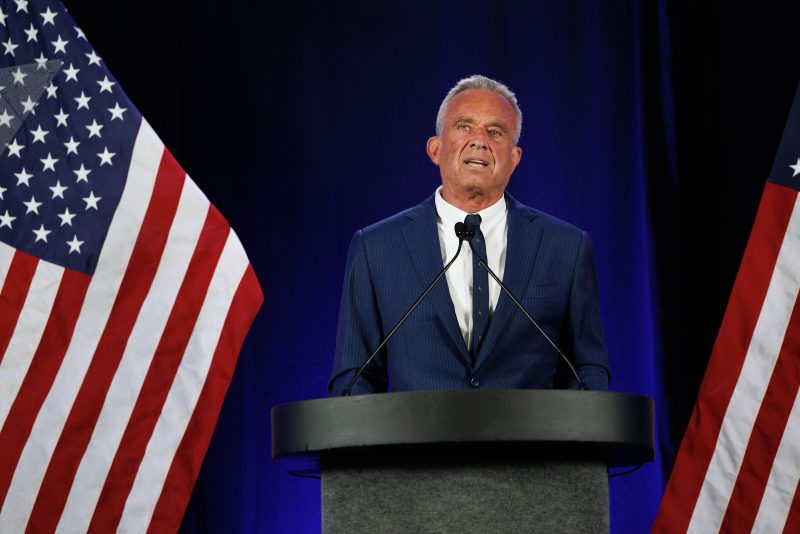RFK Jr.: Environmental Warrior Backs the Drill Baby Drill Ticket
Robert F. Kennedy Jr., a prominent environmental activist, has found himself at the center of controversy after voicing his support for a political candidate who champions expanded drilling initiatives. This unexpected endorsement has sparked debate among environmentalists and political analysts, as it seemingly contradicts Kennedy’s long-standing reputation as a leading advocate for conservation and sustainability.
Kennedy’s decision to back the so-called Drill Baby Drill ticket, which promotes increased domestic oil and gas production, comes as a surprise to many who have followed his career. As the founder of several environmental organizations and a vocal critic of fossil fuel industries, Kennedy has been a vocal proponent of transitioning to renewable energy sources to combat climate change and protect the planet’s natural resources.
Despite his past environmental advocacy, Kennedy’s recent alignment with candidates who advocate for more drilling raises questions about his evolving views on energy policy and conservation. Some critics argue that his endorsement of such candidates undermines his credibility as an environmental leader and dilutes the integrity of the causes he has championed for decades.
In response to the backlash, Kennedy has defended his endorsement by emphasizing the need for a balanced approach to energy policy. He argues that while he remains committed to promoting renewable energy solutions, he recognizes the importance of utilizing domestic fossil fuel resources to ensure energy security and economic stability.
Kennedy’s stance reflects a nuanced understanding of the complex challenges facing the energy sector and the environment. By supporting candidates who prioritize both conservation and energy production, he seeks to bridge the gap between environmental protection and economic development, acknowledging that striking a delicate balance between the two is essential for achieving sustainable progress.
However, critics remain skeptical of Kennedy’s strategic shift in support, viewing it as a betrayal of the environmental values he has long advocated for. They argue that by aligning with candidates who prioritize drilling over conservation, Kennedy risks compromising the integrity of the environmental movement and sending mixed messages about the urgency of addressing climate change.
Ultimately, Kennedy’s endorsement of the Drill Baby Drill ticket underscores the complexities of navigating the intersection of environmental advocacy and political realities. As a seasoned environmental warrior, he faces the challenge of reconciling conflicting priorities and ideologies to advance a vision of a more sustainable future. Whether his controversial endorsement will ultimately advance or hinder the cause of environmental conservation remains to be seen, but one thing is certain: Kennedy’s evolving stance on energy policy has ignited a crucial conversation about the intersection of environmentalism and politics in an increasingly divided world.
